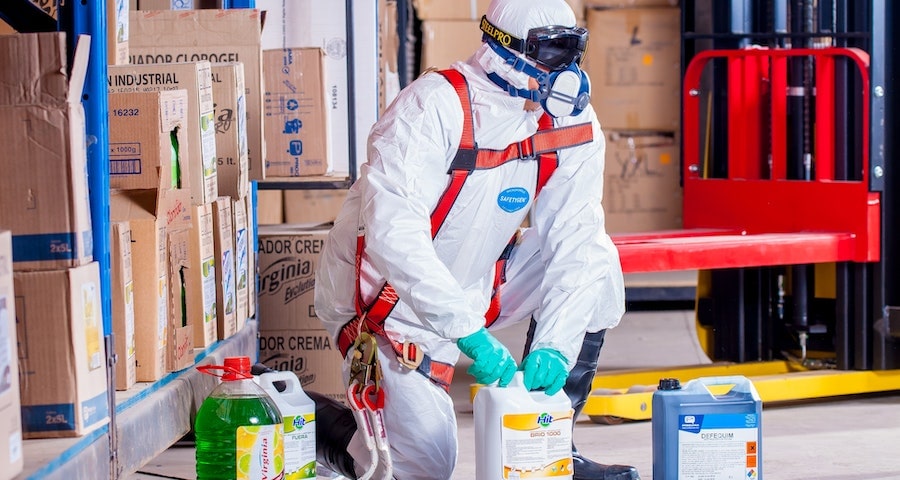
Household chemicals are commonplace in many homes across the world. They are used for everything from cleaning and disinfecting to cooking and personal hygiene. And while they are generally regarded as safe, accidents do happen. One of the most severe accidents that can happen is a third-degree burn caused by household chemicals. In this blog post, we will explore whether household chemicals can cause third-degree burns and what you can do to prevent such accidents.
Contents
What is a third-degree burn?
Before we dive into the topic, let’s first define what a third-degree burn is. Third-degree burns are the most severe type of burn and involve injury to all layers of the skin and underlying tissues. They typically result in severe pain, blistering, and scarring. In severe cases, third-degree burns can result in permanent disability or death.
What household chemicals can cause third-degree burns?
Many household chemicals can cause third-degree burns if used improperly. The most common culprits are cleaning chemicals such as bleach, ammonia, and drain cleaners. These chemicals can cause chemical burns if they come in contact with your skin or eyes. Other household chemicals that can cause third-degree burns include hair dyes, nail polish removers, and oven cleaners.
How to prevent third-degree burns caused by household chemicals?
The best way to prevent third-degree burns caused by household chemicals is to use them as directed and to take proper safety precautions. Always read the label before using any household chemical and follow the instructions carefully. Wear gloves, goggles, and long-sleeved clothing to protect your skin and eyes when using chemicals. Avoid mixing different chemicals, as this can cause dangerous reactions.
What to do if you suffer a third-degree burn from a household chemical?
If you suffer a third-degree burn from a household chemical, seek medical attention immediately. Rinse the affected area with cool water for at least 20 minutes to remove any chemical residue. Do not apply any ointments or creams to the burn, as this can trap the heat and make the burn worse. Cover the burn with a clean, dry dressing until you can get medical help.
Conclusion
In conclusion, household chemicals can cause third-degree burns if used improperly. These burns can result in severe pain, scarring, and even permanent disability. The best way to prevent such burns is to use household chemicals as directed and to take proper safety precautions. If you do suffer a third-degree burn from a household chemical, seek medical attention immediately and follow the appropriate first aid measures. Remember, prevention is always better than cure. So, always be careful when using household chemicals and keep them out of reach of children and pets.
